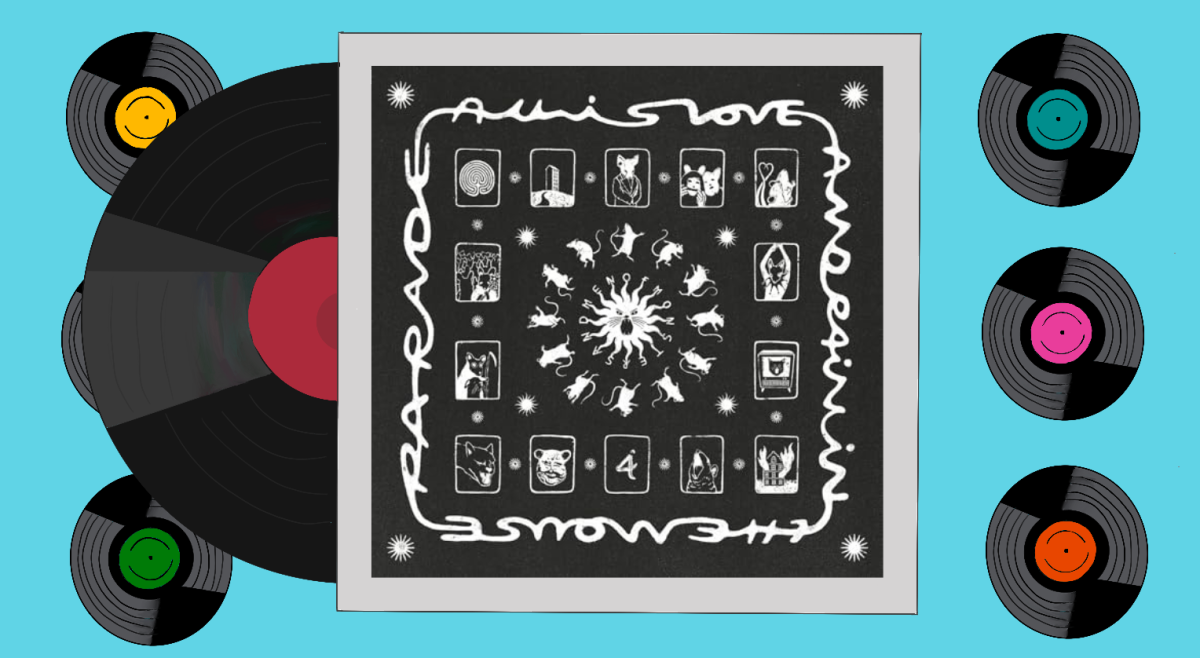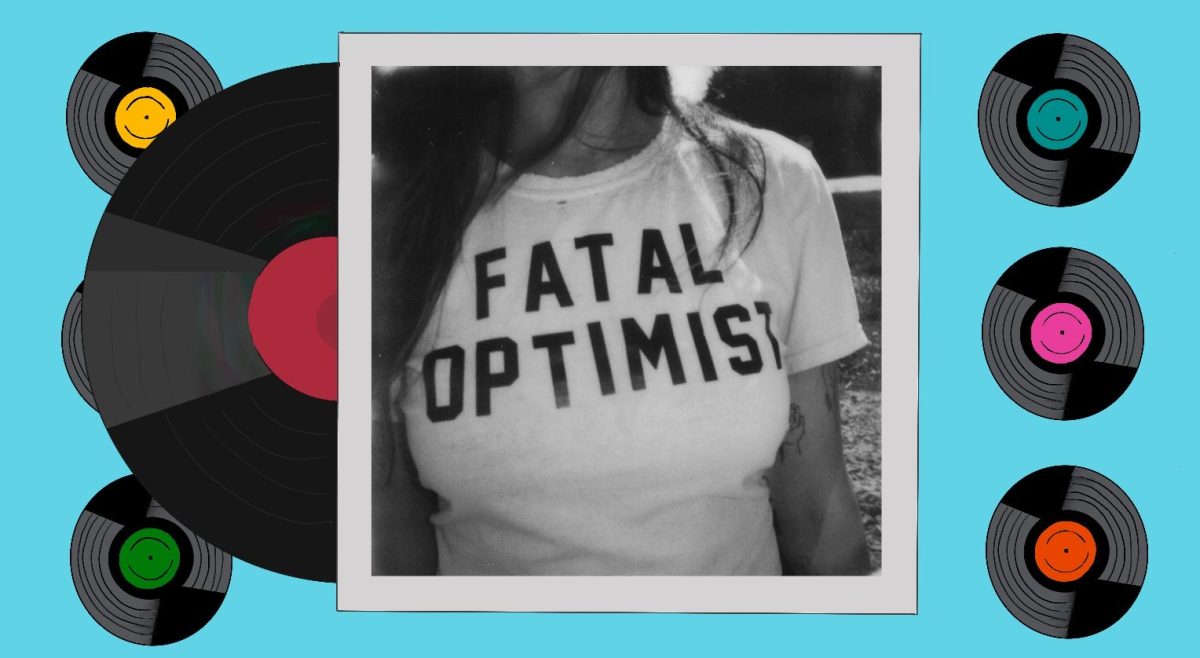
Anderson Paak’s highly anticipated third album, Oxnard, the follow up to his breakthrough album, Malibu, dropped on Friday. Named after his home town of Oxnard, Calif., the album is meant to represent the vibrant, hedonistic lifestyle of his home. The breezy, summery vibe of the album immediately makes you think of how fitting it was for a mid-summer release. In his attempt to capture the style and spirit of Los Angeles, Paak looks to his West Coast forefathers: Dr. Dre, his personal mentor; Snoop Dogg; Parliament Funkadelic; and more. The album lives and breathes West Coast, mixing generations of its music to give the listener a proper understanding of the environment that produced Brandon Paak Anderson.
The beats are dipped in Afro-centric origins and instrumentation, from Jamaican tint to Los Angeles funk. Paak has the ability to use a variety of methods to get his music and his message across, whether that be through singing, rapping, or spoken word implementation. The lyrics vary from descriptions of love, petty exes, and summertime fun, to ruminations on fame, growth, and even personal takes on the current state of the country.
Paak, never one to be trapped in a box, manipulates his music in ways that look toward the past, present, and future—a blessing and a curse. On Oxnard, Paak often spreads himself far too thin, seeking something new, but occasionally falling below the bar, failing to deliver what many believed would be a new age West Coast classic.
An example of Paak failing at his attempt to capture the hedonistic and fun-loving feel of his hometown is the second track on the album, “Headlow,” a song about getting a blowjob on I-95. While the premise is both hilarious and engaging, the song is not. Paak’s voice sounds distant and low in order to capture the secrecy of the event, yet the loud and warm hook doesn’t flow with the feeling his verses attempt to provide. The dueling sounds and moods in the song provide a bit of confusion as to what feeling Paak is trying to deliver, and the skit at the end, in which he crashes his car yet begs his girl to keep going, are intended to be funny, but come off as uncomfortable.
Of course, not all of Oxnard fails to hit—far from it. The Kendrick Lamar-assisted “Tints” is a perfect example of a song that delivers exactly what it promises. It’s a perfect summertime flex song, in which Paak and Lamar ruminate about the ups and downs of fame. While they might enjoy the life and the opportunity it provides, the lack of privacy at times can be daunting, which is exactly why they need their tinted windows. Paak delivers his classic mixture of rap and song on this album, delivering an extremely fun flow with a warm, embracing hook about how he needs tints. Lamar, who has had a great year without a single solo release—having curated the soundtrack to the Black Panther movie—takes time to sit back and appreciate where he is and the comfort of his new life.
One of the songs on the album which will definitely turn heads is the song “6 Summers,” in which Paak decides to take the president to task, addressing a litany of issues like consumerism, sexual affairs, gun violence, xenophobia, and the tension he believes to be present. Paak, in a recent interview with NPR, addressed how he feels dissatisfied with the president’s administration and decided to air his frustrations out on the album. The song is definitely not the first to take aim at the current president, and probably won’t be the last, but Paak somewhat fails to deliver the critique he set out to provide.
Paak struggles to amount to the critiques of his contemporaries, especially to those of one of his collaborators: Lamar gave a much more concise critique of the current landscape in just one verse of his 2017 song “Lust,” a track from the Pulitzer Prize-winning album DAMN., than Paak manages to capture over the course of the whole song. Paak attempts a spoken-word style in the first half of the song, but the shift in the middle of the record provides a much more entertaining second half, in which the beat switches and Paak ups his flow. The last break looks inward, as Paak puts himself in the shoes of many who “smoke, drink, just to cope with the pain,” and asks the listeners to smoke instead of fight.
Oxnard tends to give the listener too much to really absorb, providing a roller coaster of sorts that elicits a dizzying response. Shifts and changes are far from unwelcome in music—look to Travis Scott’s recent release, Astroworld, for a good example of how one can use unexpected shifts and changes to provide great music. The difference is that Scott attempted to capture the feeling of a full day in an amusement park, as well as the feeling of losing something important and fighting to bring it back—Paak, in his attempt to create the feel of life in Oxnard, somewhat fails to fully provide a clear picture for the listener.
Featured Image by Atlantic Records



















